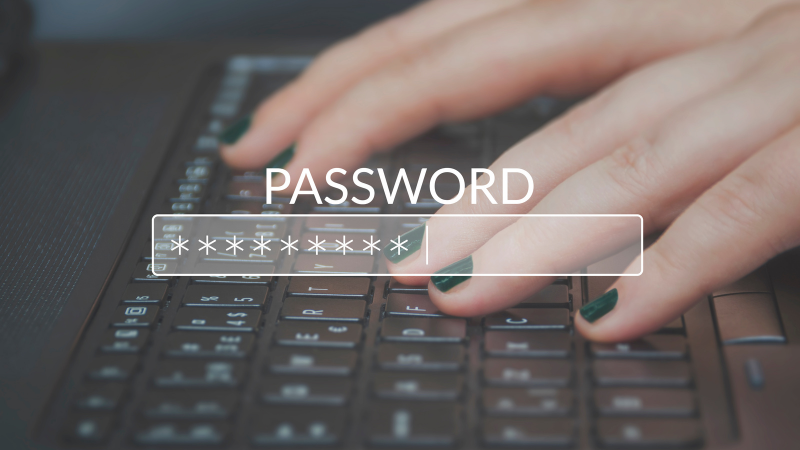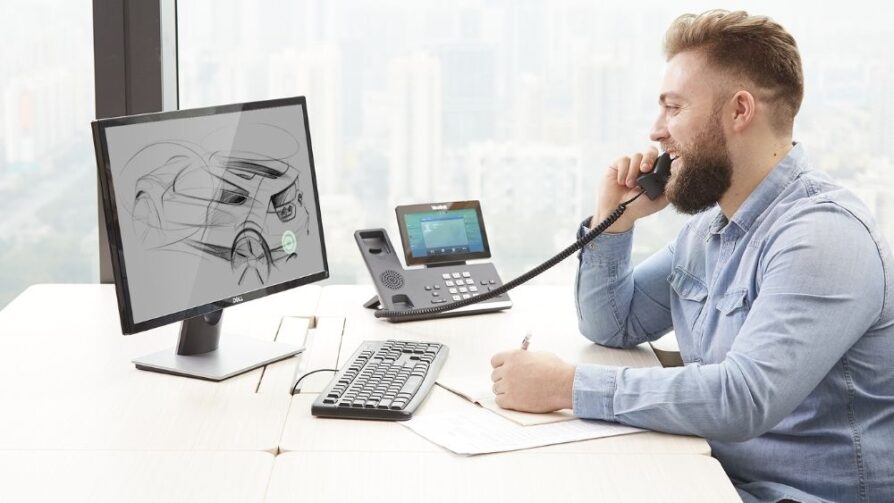New Password Cyberattack
How many passwords do you have? The average person has almost 100 accounts and most of the passwords are the same despite tons of research warning people not to. This new password cyberattack serves as the perfect example. We tend to reuse passwords because it makes them easy to remember. However, it also makes them easy to hack. The biotech company 23andMe was a victim of a data breach just this month.
23andMe customer accounts were broken into due to a credential-stuffing attack. The password cyberattack of credential stuffing involves obtaining credentials from a data breach on one service and using them to log into another unrelated service. People who use the service have had their genetic data and other personal information stolen.
This new password cyberattack is the perfect example of why owners and employees of businesses need to prioritize password security.
Many other companies have been victims of cyberattacks this year simply due to weak or uncovered passwords. As a result, businesses are under more pressure to secure their networks than ever before. Don’t underestimate the power of passwords. They are the barrier between you and cybercriminals. Keeping passwords authentic and safe is the key to a successful business, which is why we are reminding everyone of our top 5 tips for password safety.

Password Cyberattack Tips
1. Passwords Should Exceed 8 Characters
The average hacker can easily crack a weak password. Passwords should be longer than 8 characters and must contain uppercase and lowercase letters, numbers, and symbols. The longer and more complex your password, the more secure your account will be from cybercrime.
2. Change Passwords Periodically
It can take about 5 months to crack the 11-digit password. Make sure to change your password regularly to something completely different from before. Also, make sure that different accounts do not have the same password. If a hacker can break into your account and all passwords are the same, the hacker can access everything.
3. Don’t Share Passwords Digitally
If you use a digital communications system, make sure not to share passwords inside it. All hackers have to do is access one account to find passwords for the rest of them. It’s too easy. Safely give out passwords to those as needed without leaving digital breadcrumbs.
4. Set Up Two-Step Authentication
If you have two-factor authentication set up, even if someone can crack your long password, that person will not be able to access your account. The most common is to use a strong password and then receive a text message containing a code you can enter. As such, cybercriminals will not be able to access your account unless they have your phone.
5. Log Out When You’re Done
Hackers don’t need to spend hours working on figuring out your password if all they have to do is open your computer, phone, or tablet and you’re still signed in to your sensitive accounts. Make sure you log out of all accounts when you’re done to protect your business’ information. If the hacker is already signed into your account and your email, they can easily change your password. Don’t get locked out, log out.
Want more information on our Cybersecurity Services? Let’s talk. 843-236-6436.
Ready for IT that WORKS for your business?

Schedule a 15-minute meeting with our team.
- Managed IT Services
- Business Phone Systems
- Managed Print
- Cybersecurity
- Cloud Services
- Data Cabling
